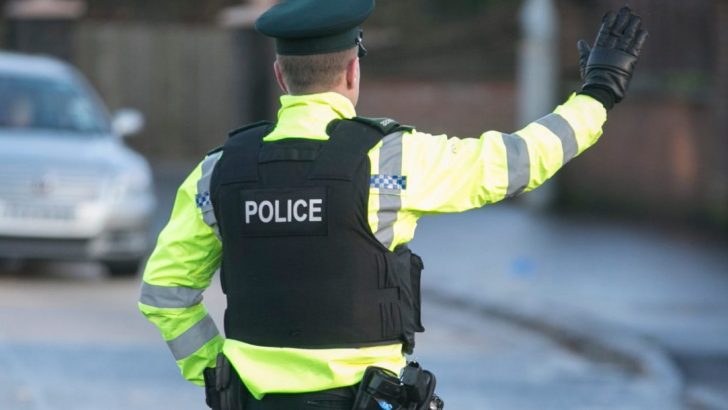Following the PSNI’s colossal data breach which revealed personal and employment details of staff, the Catholic Police Guild raised concerns about future recruitment of Catholic officers.
Supt Gerry Murray, chairman of the Catholic Police Guild, called on the PSNI’s Chief Constable Simon Byrne to “reassure” Catholic officers.
He told the Irish Times: “What we need to do is build confidence, bridges to the Catholic, nationalist, republican areas so we have a good spread of young people coming forward.”
This comes after the PSNI last week released the surnames and first initials of police officers working for the force, including where they work and their department. The details of more than 10,000 people, which also included civilian members of staff, are said to have been mistakenly given as part of a response to a Freedom of Information (FOI) request.
Supt Murray described the breach as a “huge tornado”. Speaking of Catholic staff, he said: “They’re vulnerable and they’re anxious and they’re trying to comprehend all that has happened over this short period of time.”
Speaking of one officer who left his GAA club because he now feels unsafe, Supt Gerry said: “People may now know he’s a police officer, and once people know you are a police officer and there are discussions, nobody knows where that will end up, and he has to think primarily for his family, his child and himself.”
The number of Catholic police officers in the North has fallen since the end of the policy of 50:50 recruitment of Catholic and Protestant officers which lasted from 2001 to 2011.
Speaking to The Irish Catholic in September last year, the Catholic Police Guild warned the PSNI is not doing enough to recruit Catholic police officers, with outreach to some communities being “non-existent”.
Following a meeting of Church leaders with Chief Constable Simon Byrne of the PSNI in 2019 before a recruitment drive, Archbishop Eamon Martin said he had “concerns” about the future balance of community representation and called for Catholics to consider the “noble vocation” and for communities to encourage and support them.


 Chai Brady
Chai Brady Photo: Wikimedia Commons
Photo: Wikimedia Commons 